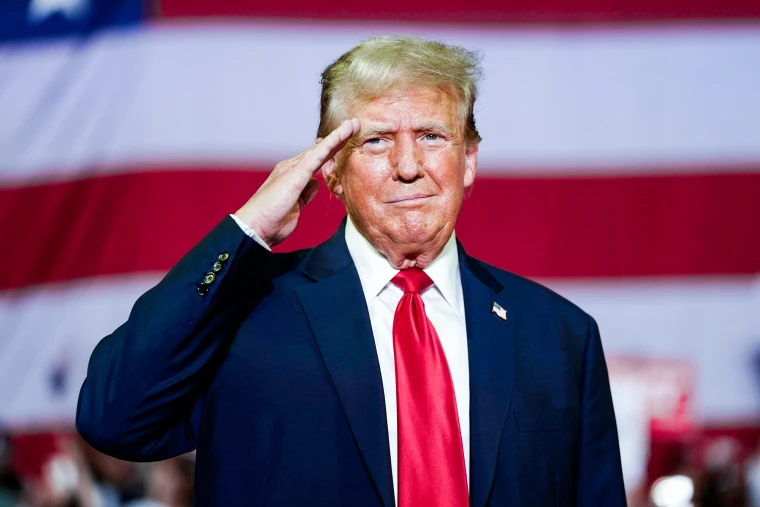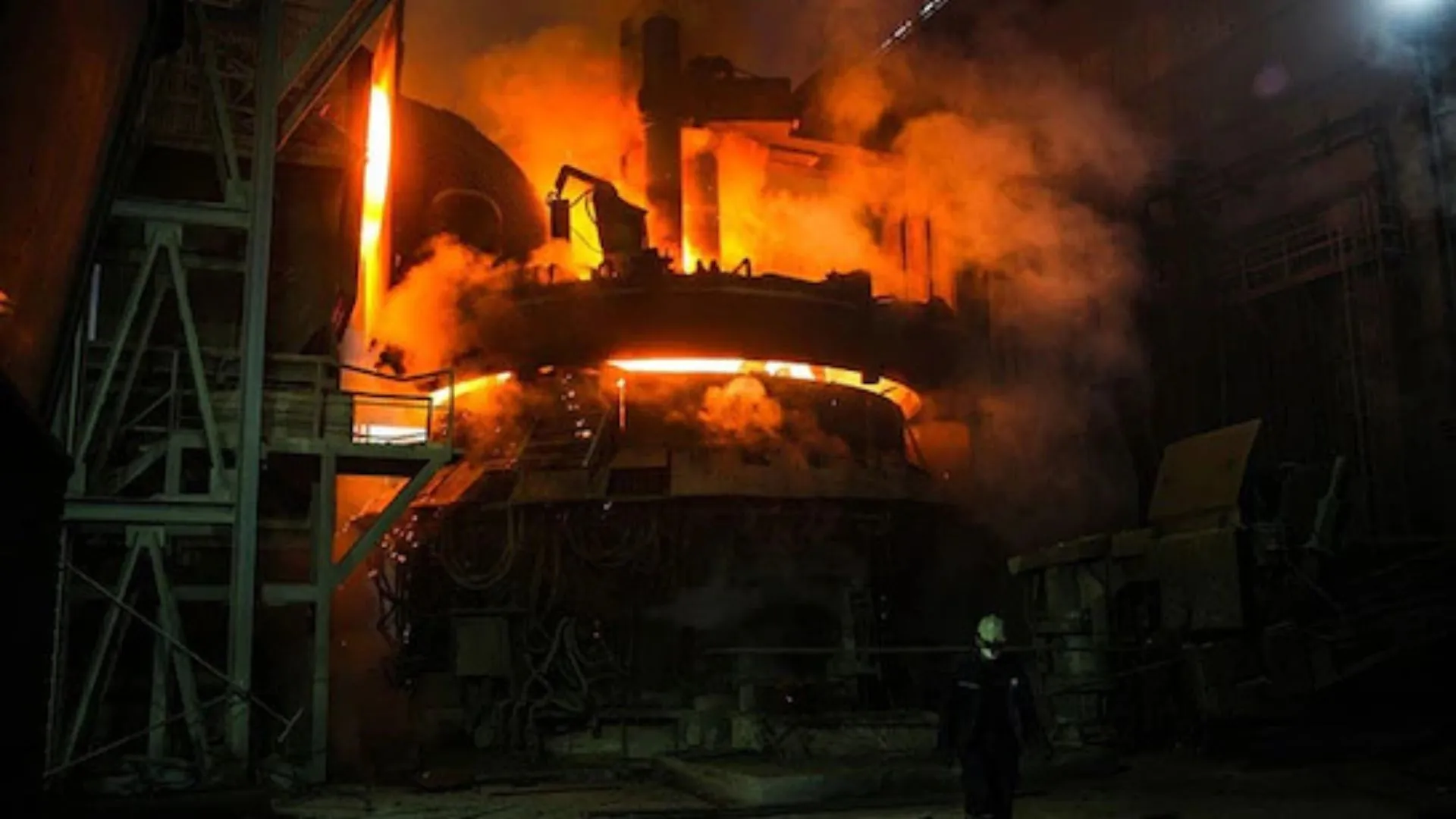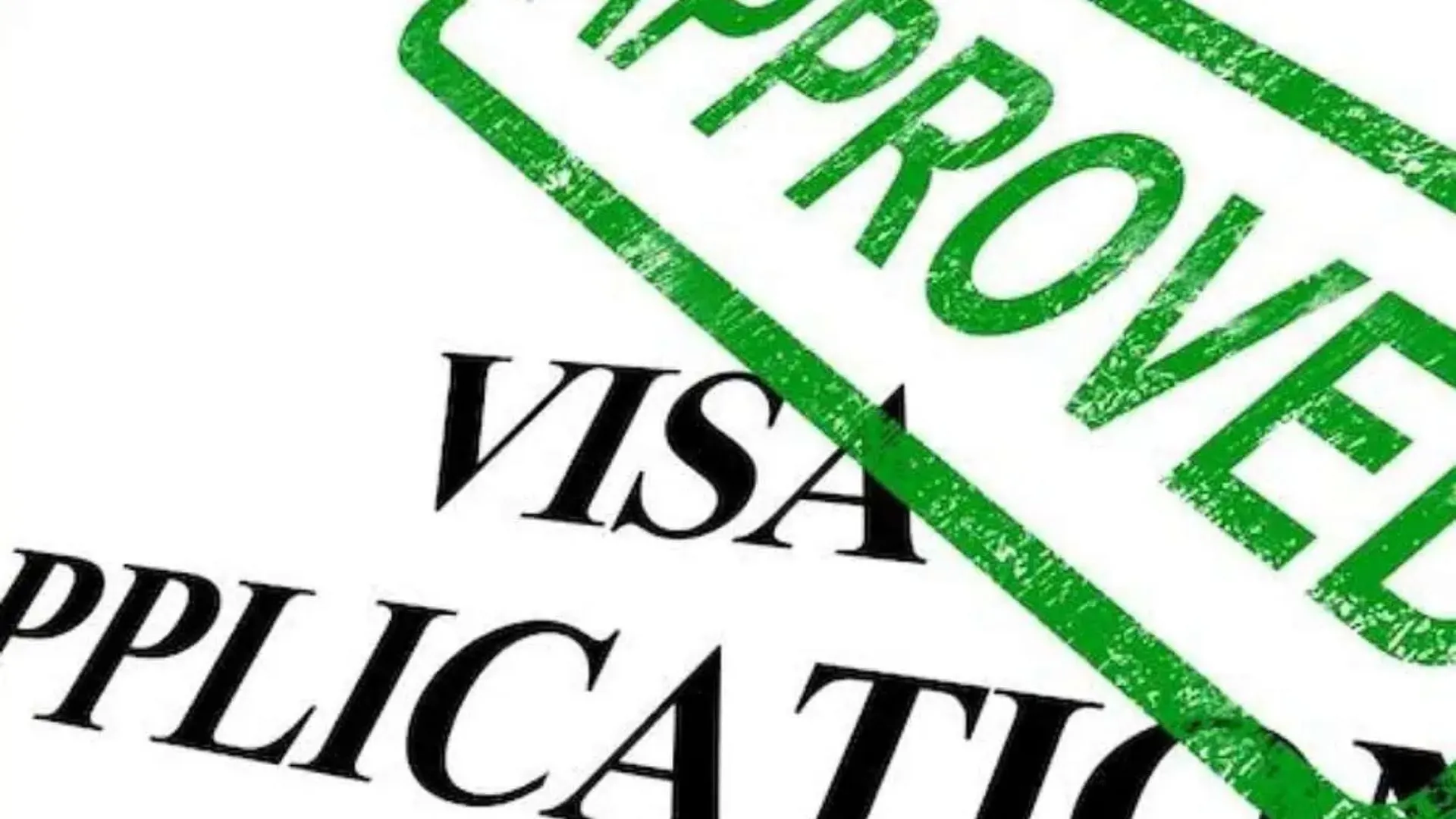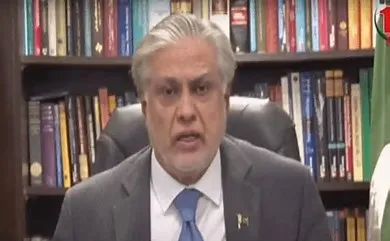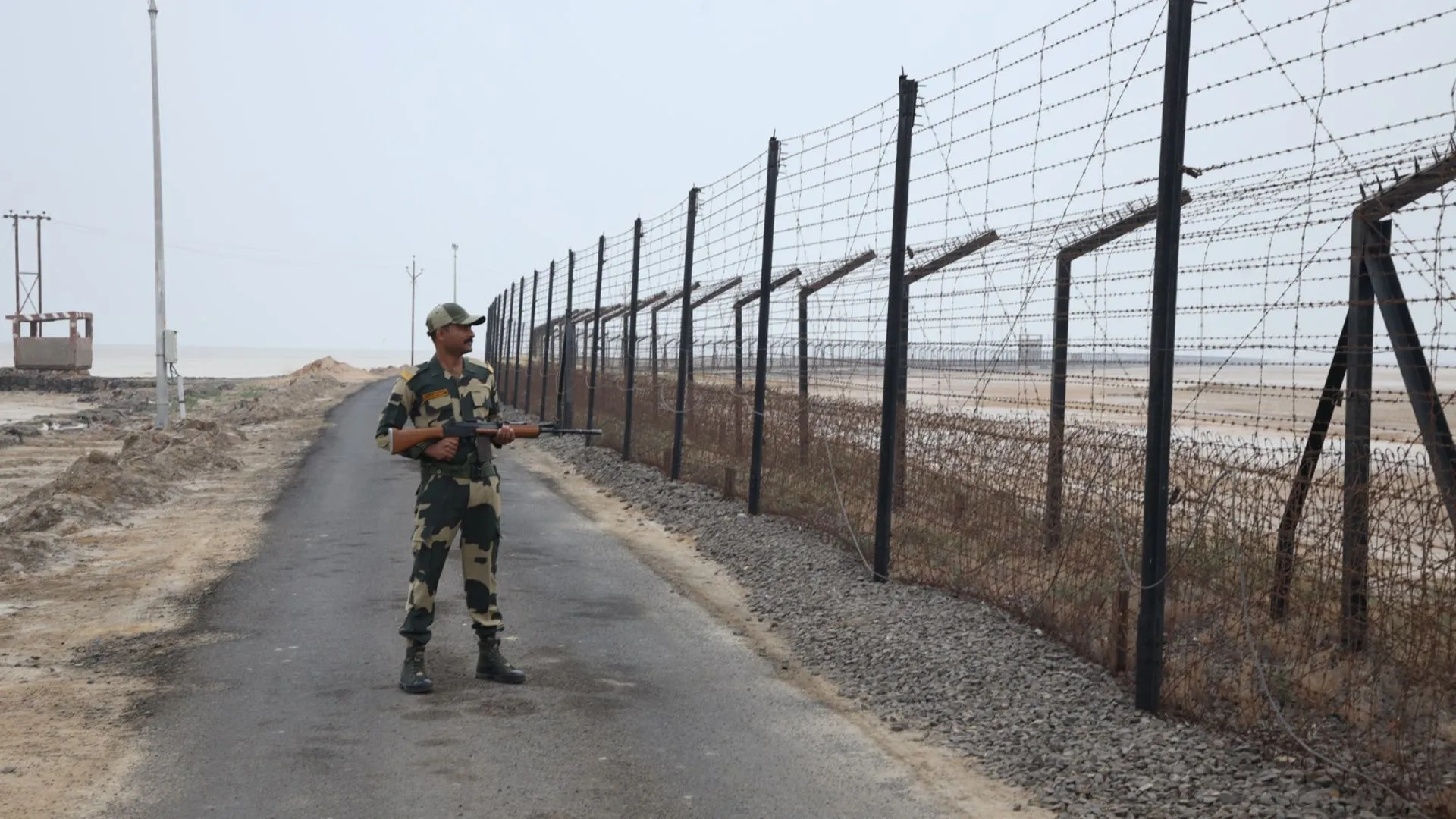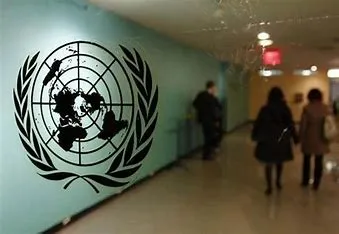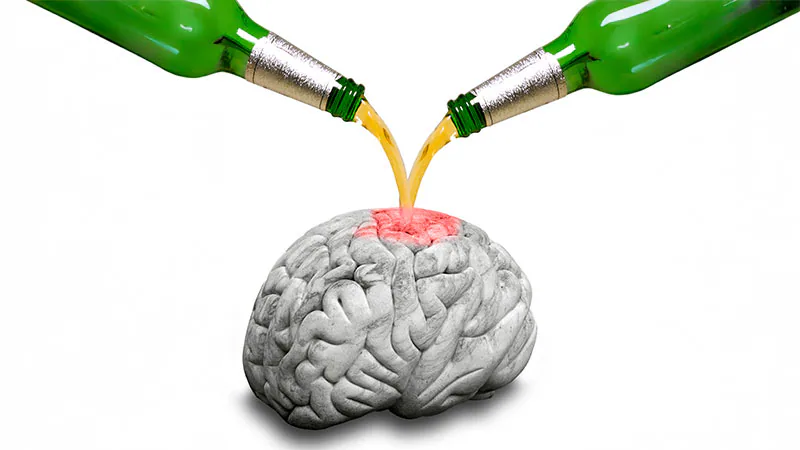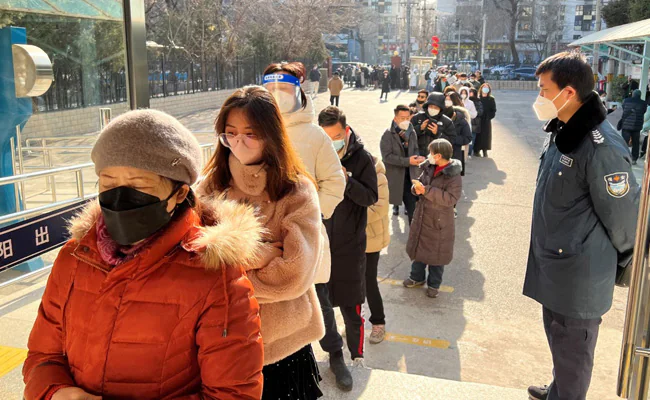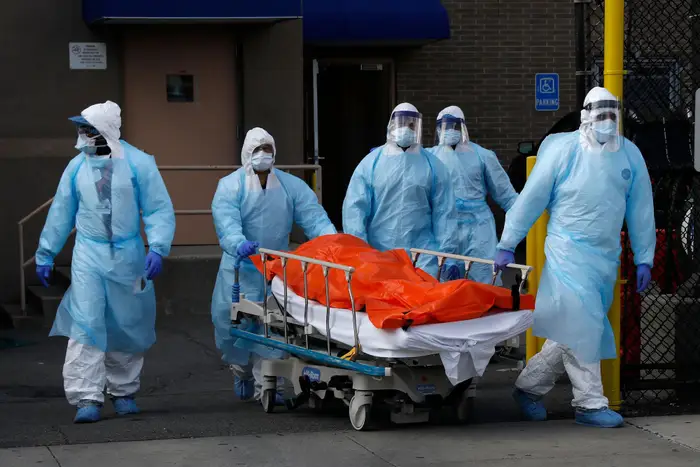The US Supreme Court’s decision on Monday that Donald Trump has some immunity from criminal prosecution marked a significant win for the former president. The 6-3 ruling, split along ideological lines, means that Trump is even less likely to face trial in the federal election subversion case before the 2024 election. This decision, written by Chief Justice John Roberts, removes one of the allegations and questions the legal validity of others, further delaying the trial.
Details of the Special Counsel’s Case Against Trump
Special Counsel Jack Smith’s case against Trump involves allegations that Trump convened bogus groups of electors and pursued sham election investigations through the Justice Department to block the certification of Joe Biden’s 2020 win. The indictment charges Trump with:
1. Conspiracy to defraud the United States
2. Conspiracy to obstruct an official proceeding
3. Obstruction of and attempt to obstruct an official proceeding
4. Conspiracy against rights
Smith claimed that Trump met with his acting attorney general, Jeffrey Rosen, and other top officials to discuss alleged election fraud, and threatened to fire Rosen when he refused to comply with his demands.
Supreme Court’s Decision
The Supreme Court ruled that the allegations involving Rosen constituted an official act, and Trump has “absolute immunity from criminal prosecution for actions within his conclusive and preclusive constitutional authority.” This decision impacts the charge of conspiracy to defraud the United States, as it involves Trump’s alleged pressure on the DOJ. The court found that Trump’s efforts to involve the DOJ fell under his presidential powers and protections.
The court also stated that Trump is “entitled to at least presumptive immunity from prosecution for all his official acts” but noted that there is no immunity for unofficial acts. This means that the allegations related to Trump’s actions involving the vice president and non-executive branch parties will require further litigation and likely delay proceedings.
Implications and Future Proceedings
The decision means that the earliest the election subversion case could go to trial is now further delayed, likely benefitting Trump’s strategy of postponement until after the 2024 election. If Trump wins the election, he could appoint an attorney general who might abandon the federal charges against him.
Dissent and Broader Implications
Justice Sonia Sotomayor’s dissent argued that the decision essentially shields the president from any legal accountability in criminal cases, potentially allowing for unchecked misuse of presidential powers.
Other Legal Challenges
Trump is also facing a state election interference case in Georgia and a federal criminal case in Florida over his retention of classified documents. Both cases are unlikely to proceed to trial before the election, with the Georgia case currently on hold and the Florida case experiencing significant delays.
Overall, the Supreme Court’s decision introduces substantial delays in the legal proceedings against Trump, making it increasingly likely that these cases will not be resolved before the 2024 election.

